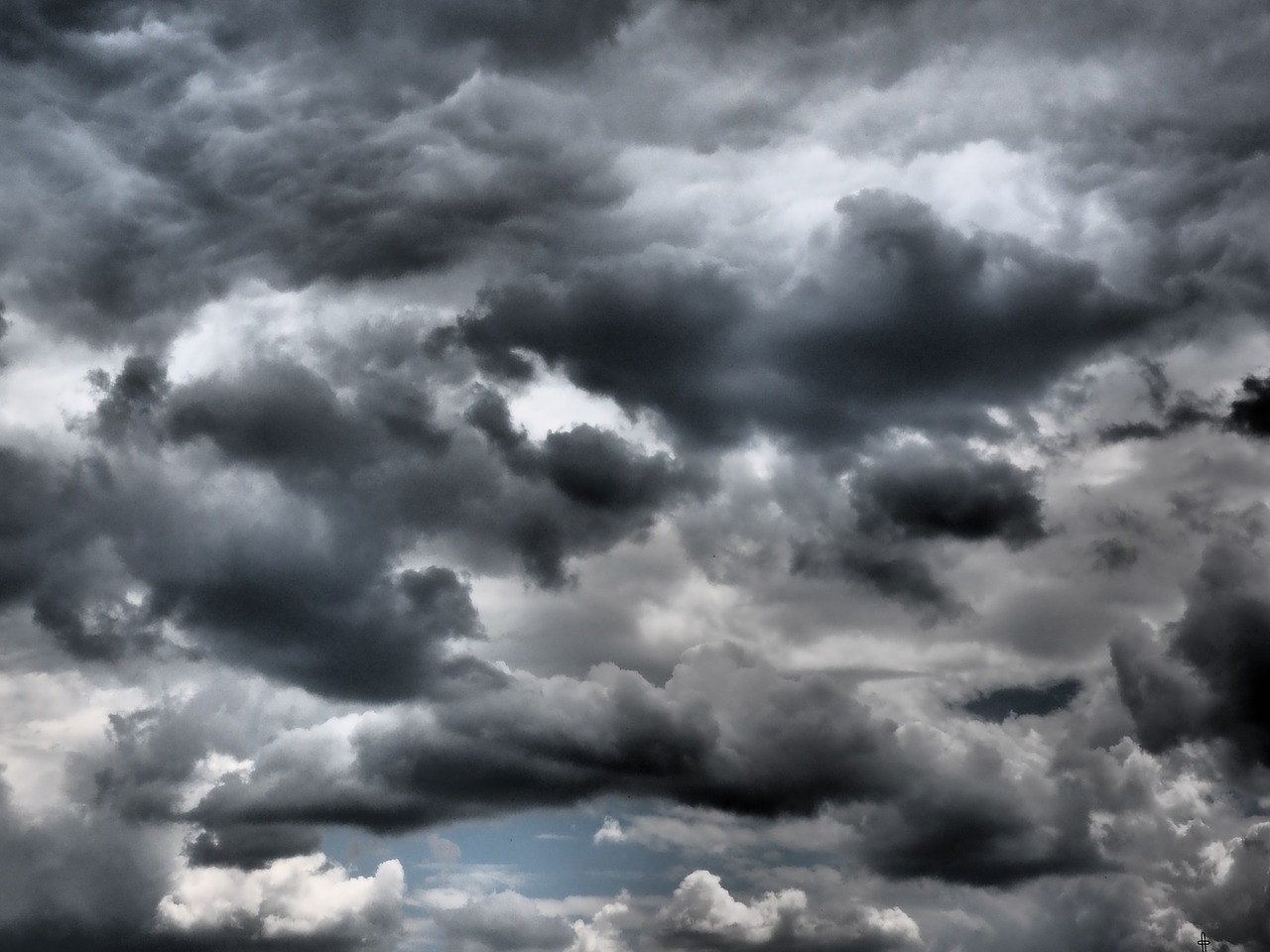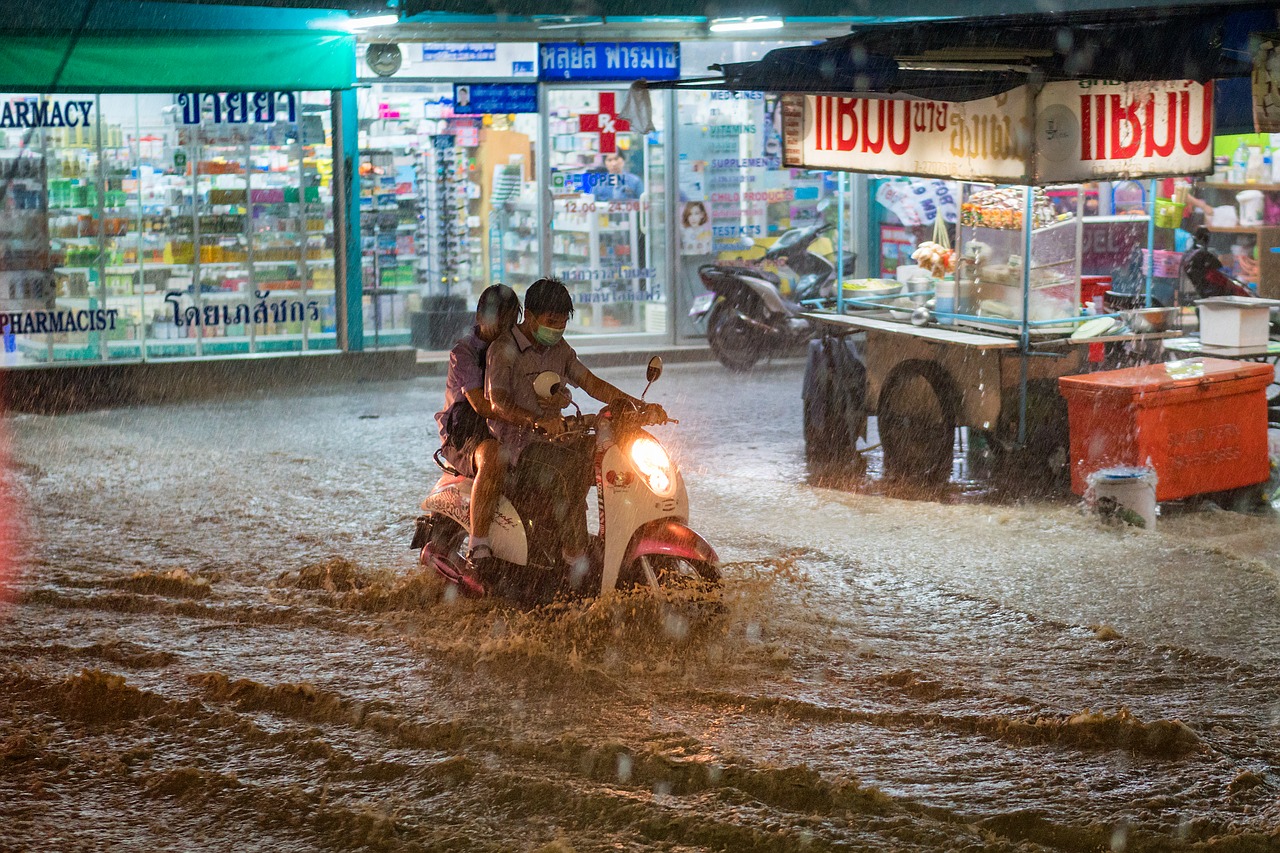ANXIETY & DEPRESSION
How to Cope in the Face of Natural Disasters

It can be tough to cope with anxiety and depression on an average day, but when you and your loved ones are facing a natural disaster it can seem insurmountable. At Gateway 2 Counseling our hearts are with each and every one of those affected by natural disasters. We have the utmost compassion and understanding as we, in Houston, have been through our own disasters, most recently Hurricane Harvey.
Natural disasters not only can ravage the homes, the schools, the sanctuaries of thousands of people, but it can also take a toll on your mental health. It is important to understand the vulnerability many face in the face of these disasters to developing or worsening mental health issues. Whether or not you are directly affected, it is normal to feel bombarded with the threatening news coverage and overwhelming social media conversations. The stress can compound and manifest itself in many forms, such as anxiety and depression.

Coping with Natural Disasters can take patience and time.
During and after emergencies, new health issues can arise and old ones are possible to worsen.
This can be the result of:
- family separation
- loss of trust
- loss of resources
- overcrowding
- lack of privacy
- loss of community
- loss of belonging
- lack of access to necessities
- lack of transportation
- feeling of immobility
- And the grief, anxiety, and distress that can come along with them (1)
We can be aware of the signs of worsening distress in ourselves in other by knowing what to look out for. Some of the ways that we can see distress manifest is in the forms of:
- anxiety
- fear
- irritability
- anger
- confusion
- insomnia
- nightmares
- jumpiness
- sadness
- grief
- loss of appetite
- headaches
- fatigue (1)

As long as basic needs are met, people will most likely recover over time. But if they cannot return to a state of normalcy or if they need additional support, it is important to reach out for help. (1)

Coping with Natural Disasters can take patience and time.
Even though the timeline to recovery may be unclear, there are many things that you can do to assist the recovery:
- Talk, talk, and talk some more. It is important to express your feelings in order to move through your grief, stress, and/or anxiety. The more we talk, the more we can understand and relieve the stress that can bottle up inside of us.
- Practice gratitude. You may have lost part of your life that was extremely important to you. There may be no replacing what you lost. However, it is important to focus on what you do have and any positive you can think of to help you more forward.
- Get back to a normal routine when you are ready.
- Spend time with loved ones. We may not always feel like it at the time, but after spending time with our loved ones realizations can often be made and solace can often be gained.
- Do something that makes you feel in control. This can be in the form of exercising, taking a class, donating food, etc.
- Be healthy. Do your best to exercise, eat well, and get enough rest.
- Ask for help. It is a sign of strength to know when you need help. Even before you know you need it, it can be empowering to get in front of the process and gain some tools to help you through this time. (3)
Coping with Natural Disasters can take patience and time.
